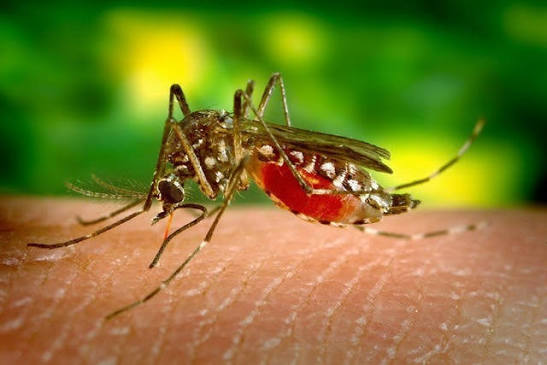
Florida, Camagüey, September 17. - Over the past five days, more than 50 cases of dengue fever have been diagnosed in the municipality of Florida. This arbovirus is transmitted by the active presence and bite of the Aedes aegypti mosquito.
According to information provided by public health authorities at the meeting of the temporary working group in Florida, there was an increase in research and studies of patients with febrile symptoms and others, to date, the southern part of the territory is the most complex in terms of the number of residents infected.
Consequently, political and government authorities are looking for alternatives to make progress in reducing environmental risks that facilitate the reproduction of the vector of dengue, including solid waste accumulation and micro-landfills, Leaking into water distribution networks and clogging or dumping of pits and troughs in the sewer system.
Consequently, political and government authorities are seeking alternatives to advance the reduction of environmental risks that facilitate the reproduction of the dengue-transmitting agent, including the accumulation of solid waste and micro-landfills, leaks in water distribution networks, and blockages or overflows of sewer system pits and drains.
At the same time, they called on the population to collaborate as much as possible in actions to combat the mosquito and control arboviroses, starting with the implementation of self-surveillance in homes and workplaces, cleaning of vacant lots, and going to the doctor immediately if infection by the virus is suspected.
According to experts, although Aedes aegypti feeds at any time, it tends to bite most frequently at dawn and dusk. Ideal breeding sites are those with clean, stagnant water: uncovered and abandoned containers, flower pots, discarded tires, and stagnant water in yards and other reservoirs. (Pedro Pablo Sáez Herrera/Radio Florida) (Photo: Taken from the Internet)